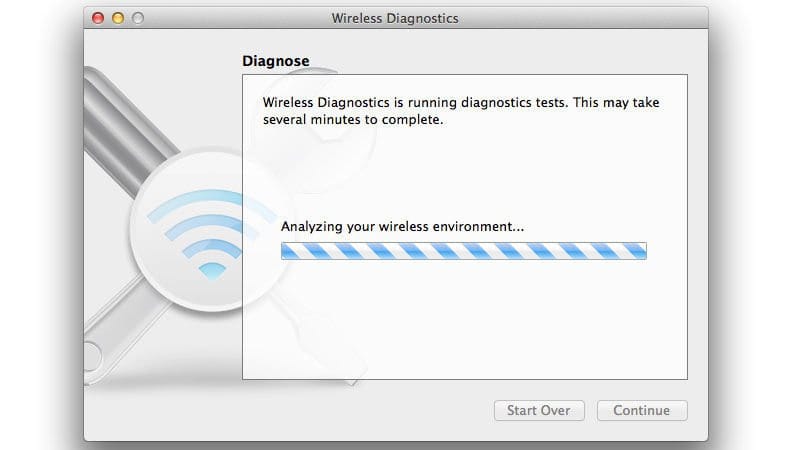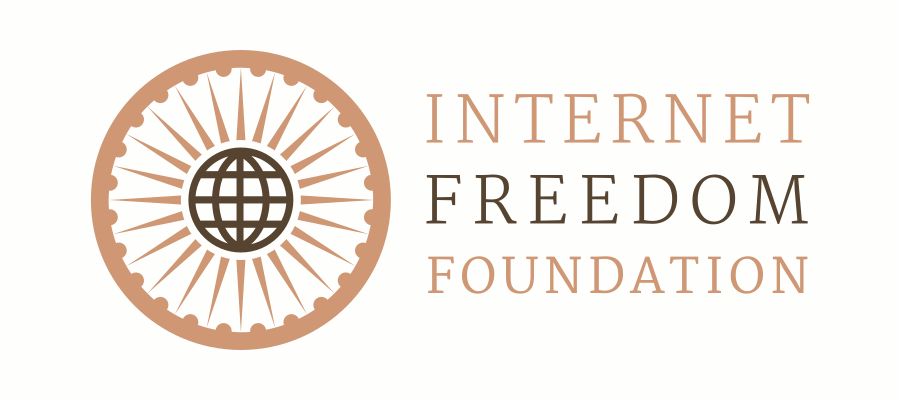
A recently-closed consultation paper by the Telecom Regulatory Authority of India (TRAI) explored how public WiFi could bring high-speed Internet to a large number of unconnected Indians. The Internet Freedom Foundation regards this as a very important issue and we have formally submitted our inputs to this consultation; this post explains our position.
In the consultation paper, TRAI pointed out that our country has woefully few public WiFi hotspots, even compared to other countries far smaller than ours. It also outlined a farsighted vision for an ubiquitous network of hotspots run by small entrepreneurs across the country — the modern equivalent of the Public Call Office (PCO) — and asked what regulatory changes are needed to bring this about.
At the Internet Freedom Foundation, we’re excited about this goal. In addition to bringing the Internet to everyone, public WiFi will bring some sorely needed decentralization and competition in the Internet Service Provider space.
Needless to say, big telcos are out in force trying to scuttle this vision, arguing that in their interpretation of current law only they can run public hotspots - and that’s the only way things ought to be.
We disagree. Three major changes are essential for public WiFi to take off:
-
One, anyone should be allowed to set up a public hotspot. This might seem like a no-brainer, but under current regulations only Unified Access Service License (UASL) holders can sell Internet access — something that needs hundreds of crores in the bank. We believe that re-selling Internet access using technologies that don’t need licensed spectrum or right-of-way (like WiFi, which is provided via delicensed spectrum bands) should not require a UASL.
-
Two, the pointless KYC requirements supposedly created “for fighting terror” should be scrapped. These are trivially bypassed by criminals and terrorists using forged documents or simple technical measures. On the other hand, they hinder law-abiding users, expose people to identity theft and other digital security threats, and impose unreasonably high costs on low-margin WiFi hotspot operators preventing them from being deployed in rural and low-income areas. Most importantly, these requirements are completely ineffective in fighting terrorism — — and are now being phased out in other countries even for pre-paid SIM cards. India should follow their example.
-
Third, all unlicensed spectrum bands used internationally should be made available in India. Already in use for WiFi and other emerging technologies like WiGig, de-licensing these bands will be critical to allow a high density of WiFi devices and new wireless technologies to operate, especially in dense urban areas.
We have expanded on all three points, especially on issues related to KYC, in our submission to TRAI.

